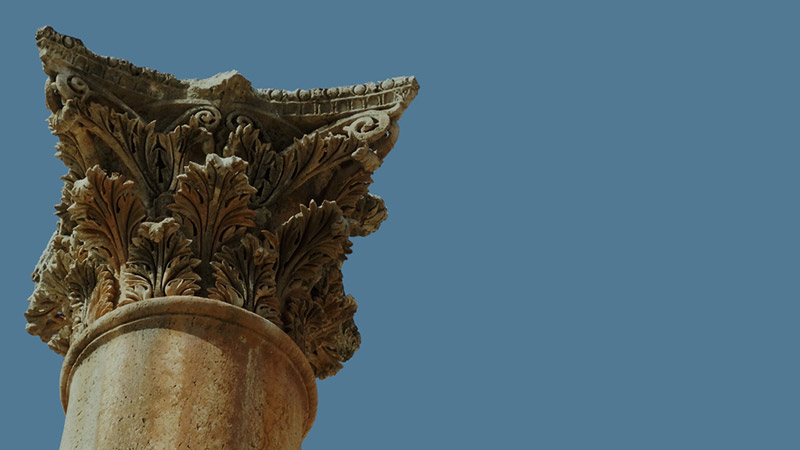
Beelzebub
Who is Beelzebub?Baal-Zebul was the god of the Philistines; the name means "Exalted Baal" or "Prince Baal."In the Greek language of the New Testament, the name becomes Beelzebub. Jesus used the name Beelzebub for Satan, the pri...
MORE

Biblical Covenants
Biblical CovenantsSimilar to a business agreement or contract made today, in the ancient Near East, there was a special covenant form in which a greater party (usually a king), established a relationship with a lesser party (a vassal). The greater...
MORE

Biblical Names
In biblical times, a good name meant more than a good reputation. People understood that a name expressed the essence or identity of a person.In the Near East, a person's name identified something about their character or circumstances, such as bi...
MORE

City Gates in the Bible
City Gates in the Bible Since gates were the center of city life, it is not surprising that scripture writers often described important officials as "sitting in the gate." Understanding the important role of city gates brings new light t...
MORE

Confronting the Hellenism of Today
Confronting the Hellenism of Today
"Man," said the Greek philosopher Protagoras (481-411 BC), "is the measure of all things of what is and what is not." This philosophy provided the foundation for Hellenism, which was devoted...
MORE

Covenants
FormIn order to make sense of covenants, people followed a certain pattern that governed the content and form of a covenant. A summary document representing the entirety of the relationship was usually provided. As the superior party, God alone de...
MORE

Edom
Israel and Edom: Nations in ConflictJacob and Esau, the grandsons of Abraham, were to be fathers of nations in conflict. Esau (the older) ultimately would serve Jacob, and Jacob's people would be stronger than Esau?s people. Esau's descendents wer...
MORE

God With Us
The city of AradAs far back as 3,000 BC, a large Canaanite city stood in the Negev, where the small town of Arad sits today. This city probably existed when Abraham and his family lived in Beersheba, a nearby desert region.Arad was eventually dest...
MORE






































